Our world is constantly evolving, and there always seems to be some “next big thing” that’s supposed to have a major impact on our lives. But while some of these promises come true, many more are heavily underdelivered.
There have been plenty of occasions when something seemingly so impressive turned out to be nothing more than an absolute flop. As one Reddit user found out, these oversold disappointments are not so easily forgotten because when they asked other netizens to point them out, the answers came pouring through. Scroll down to see some of the best ones!
More info: Reddit
#1
Modular phones. I can remember reading about how being able to choose and change the different modules based on your phone needs (better camera, better speakers, etc.) was gonna kill the iPhone. Kind of a shame really, they sounded pretty cool.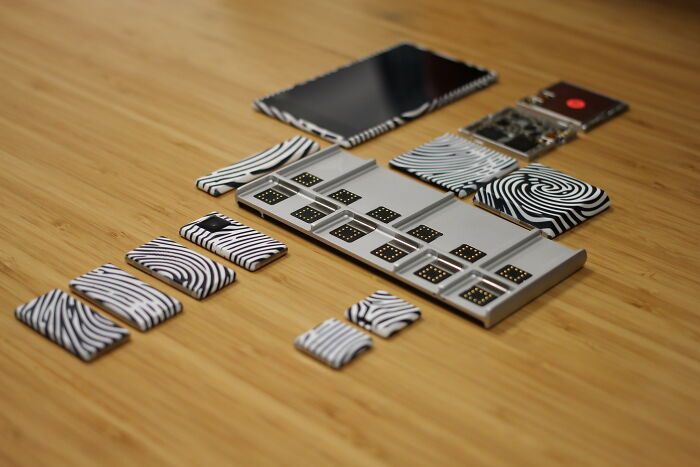
Image credits: SheogorathMyBeloved
#2
NFTs
Image credits: w3tnut123
#3
Google+. Everyone thought it's gonna be the facebook killer, now it's just a history.
Image credits: AnIgnorablePerson
Probably the top reason for big things flopping is overpromising, followed by underdelivering. A good deal of people keep doing that over and over, and people keep falling for that time and time again.
With this forming a certain pattern, we became curious to understand why this keeps happening. With this in mind, Bored Panda reached out to Nick Hatter, a therapeutic life coach, who had some interesting takes on the subject.
#4
Olestra. If you were old enough in the 90s, you remember everyone s******g their pants over it.
Image credits: jano808
#5
3D TVs
Image credits: anon
#6
The term “Fetch”
Image credits: epmoya
The expert began by saying that there are several different reasons why people tend to act this way, including personal gain and insecurities. But while many people usually associate the “next big thing” with something of a worldwide scale, this can just as well apply to smaller things, like dating, that, on a personal level, can have just as much, if not more, significance.
“In online dating, people oversell and lie -- a lot! Around 80% of online daters lie, according to one study,” said the therapeutic life coach, explaining that many men oversell themselves by embellishing their job title and lying about their height, age, or even marital status.
#7
BlackBerry without the keyboard. Fell flat on its face. Too bad was a great Canadian company and a world leader in mobile devices until they got so arrogant they thought they knew what the consumer wanted but didn't. Buh bye BB.
Image credits: SaintJohnBiDog
#8
Meta. Lol, who ever thought that rebranding would would be a good thing was an idiot.
Image credits: A_Bit_Off_Kilter
#9
Metaverse
Image credits: anon
But while we found out why people tend to oversell things, the question of why some also fall for them still remains. Well, according to the expert, it’s sometimes as simple as people desperately wanting to believe in something because of how incredibly wonderful it would be if it were true.
When we fantasize about something that we want strongly enough, we can become blind to every sign saying that it’s not real. Continuing on his dating example, Nick said, “The human desire for love can be a strong one -- and even if there are obvious red flags (such as something appearing too good to be true), some may still choose to ignore such red flags to fulfill the fantasy of finding love and lasting happiness.”
#10
Crypto
Image credits: Responsible_Prune_34
#11
Minidiscs.
Image credits: AhFourFeckSakeLads
#12
Quibi, the streaming service with 5-10 minute long tv shows meant to be watched on mobile. They spent nearly $2 billion, recruited A List celebrities, were run by a former Disney executive/cofounder of Dreamworks, and completely tanked within 6 months. I believe they try to blame their failure on the pandemic, but realistically, this is what happens when a bunch of out-of-touch media executives get too into being “data-driven” and think they can synergize and scale their way into being cool. I have worked with this particular kind of star-f*cker executive and it was so satisfying and validating to see this stuff fail.
Image credits: crushingqwerty
But when it comes to something that’s supposed to be the “next big thing,” perhaps it’s not always about overselling something that you know is not what you present it to be. After all, there is a saying that the more you announce your goals to others, the less likely you are to achieve them.
When we asked Nick whether he thought there was any truth in this saying, he answered that it depends on who you’re announcing to and how you’re doing it. “Social accountability can actually be a powerful tool,” said the expert, explaining that announcing your goals can be very useful if you do it for something more than just attracting attention.
#13
Flying cars.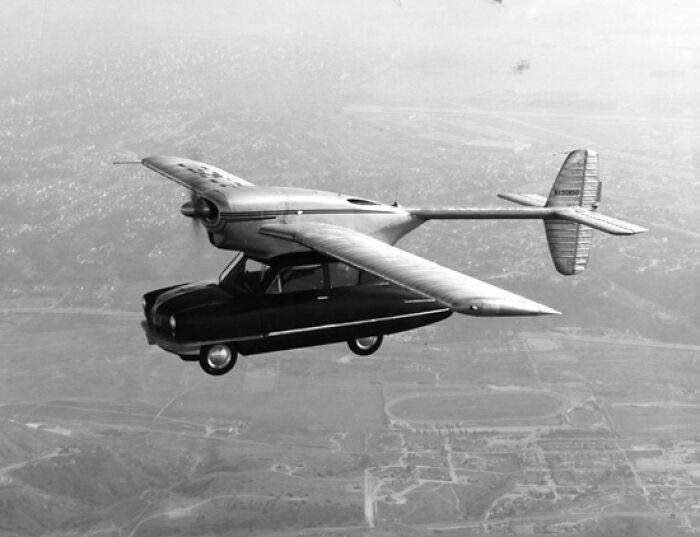
Image credits: anon
#14
The Titanic.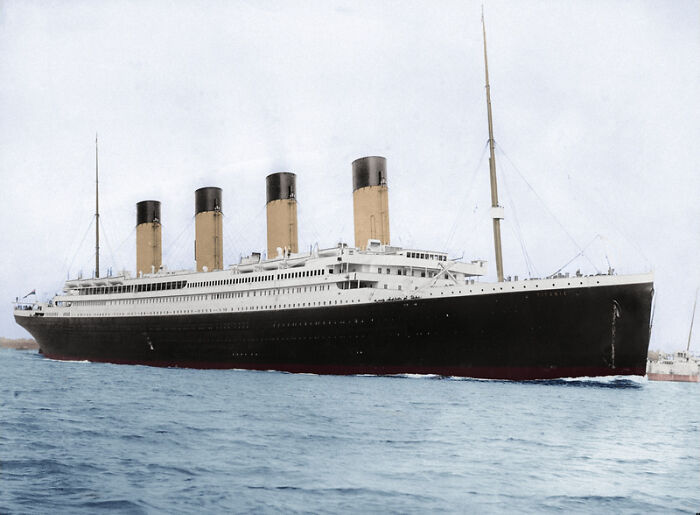
Image credits: Teaandbiscuits7
#15
New Coke. The company changed the recipe, and people were so mad that within 3 months they brought back the old one, which is why today it's called Coke Classic.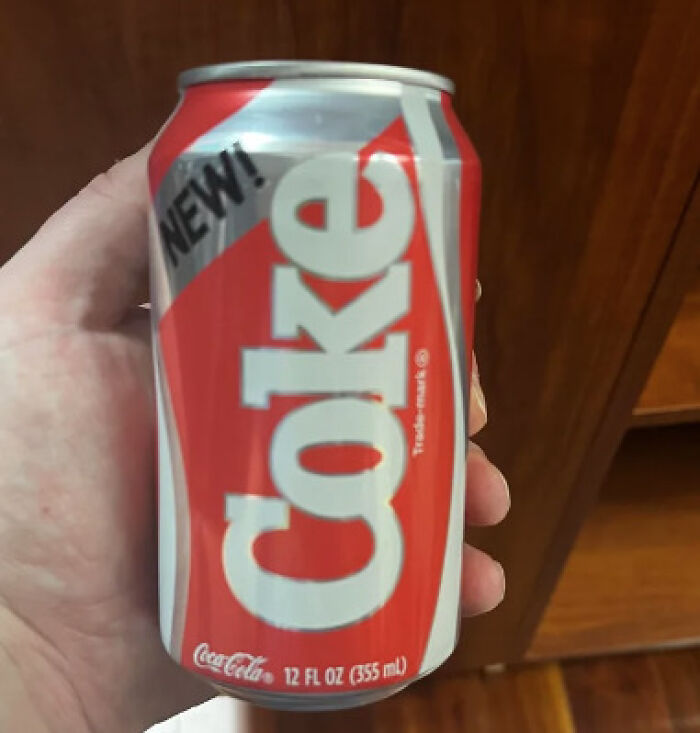
Image credits: repairmanjack
“12-Step recovery programs like Alcoholics Anonymous (AA) involve a lot of social accountability, such as by sharing progress in meetings or with a recovery coach (known as a ‘sponsor’),” continued Nick, adding that according to one study, when it comes to keeping people sober, AA has actually shown a lot more effectiveness that therapies like cognitive-behavioral therapy (CBT).
“As human beings, some of us do not like to look bad in front of others or let people down. As a life coach myself, accountability is also something I find for my own clients to be quite an effective tool for helping them break through procrastination and helping them achieve their goals,” summarized the therapeutic life coach.
#16
Ngage, a phone and and a videogame system! Too bad you had to remove the battery whenever you wanted to change games.
Image credits: Commander_Random
#17
World war I. It was supposed to be the war to end all wars.
Image credits: stokatabrat
#18
Laserdisc.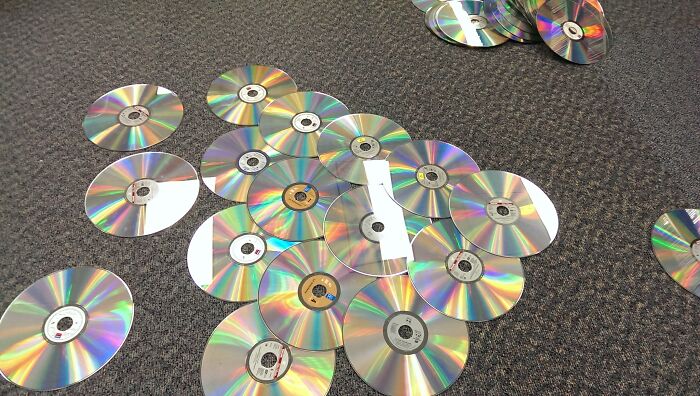
Image credits: Material_Ambition_95
In the end, just like Nick said, there are many reasons why people tend to oversell things that eventually flop. But whether it’s because of personal gain, insecurities, overexcitement, or anything else, we can’t really stop people from doing it. There will always be big promises that sound too good to be true, and it will always be nice to fantasize about what it would be like if they did come through. But to avoid disappointment with these things, keeping just a bit of skepticism won't hurt.
What did you think about this story? What are some of the “next big things” that eventually flopped that you would add to this list? Type it all in the comments below!
#19
M. Night Shyamalan was once called the next Spielberg...
Image credits: TheNinjaDC
#20
The U.S. “going metric.” We were taught as kids that we’d be thinking in kg and meters by the time we were adults.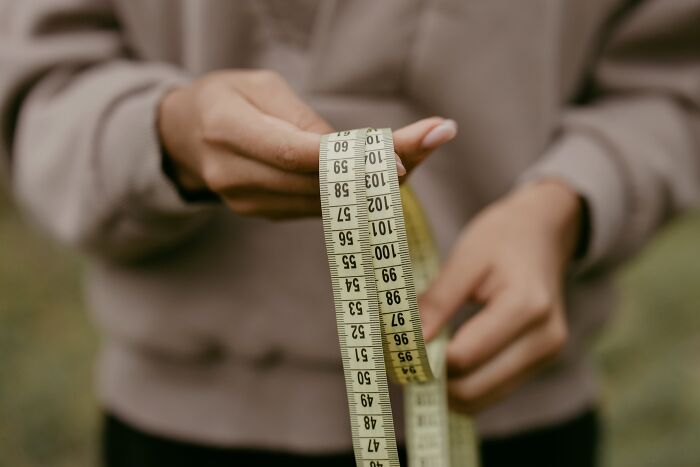
Image credits: jk1962
#21
Amazon's Fire Phone.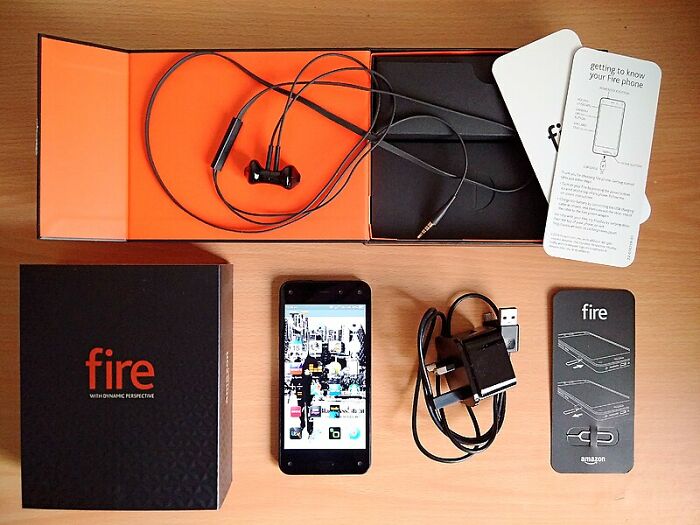
Image credits: rntopspin100
#22
Google Stadia/Streaming Games (in general)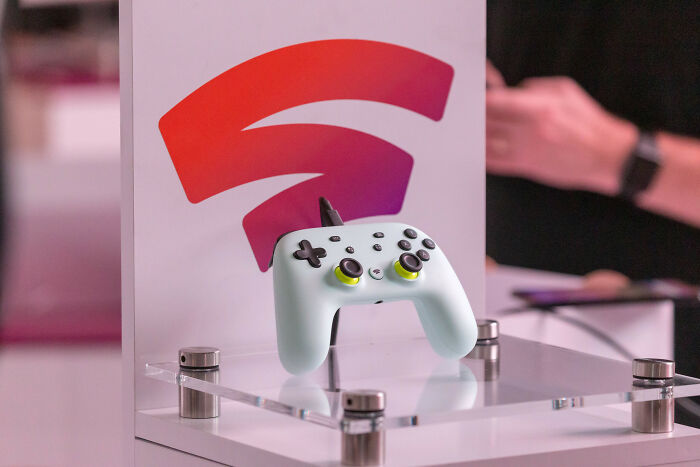
Image credits: Ok_Chocolate3253
#23
400 million in funding that evaporated gives it to Theranos.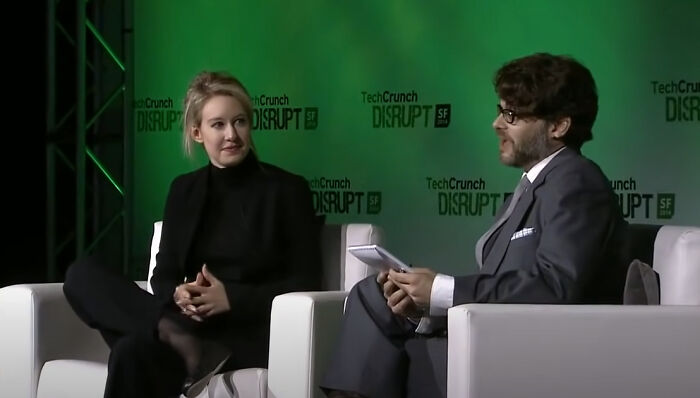
Image credits: WannaTeleportMassive
#24
DivX.DIVX was a rental format variation on the DVD player in which a customer would buy a DIVX disc (similar to a DVD) for approximately US$4.50, which was watchable for up to 48 hours from its initial viewing. After this period, the disc could be viewed by paying a continuation fee to play it for two more days. Viewers who wanted to watch a disc an unlimited number of times could convert the disc to a "DIVX silver" disc for an additional fee.
It lasted for about a year back in the late 1990s before dying — even with the backing of major studios who wanted a piece of the video rental market.
Edit: thanks to those who pointed out the error in my reference to DIVX (the unsuccessful rental company) vs DivX (the compression CODEC).
#25
2012 apocalypse
Image credits: neeeenbean
#26
Sega Dreamcast
Image credits: anon
#27
Lifi, WiFi that works with light reflections, all reflective surfaces in the house must be eliminated, so safe to assume it wasn't very successful amongst people who use their phone in the toilet.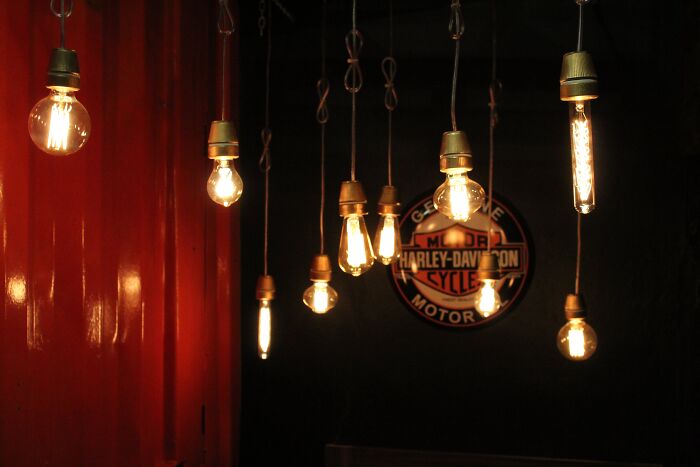
Image credits: Muted_Warthog_942
#28
Betamax#29
The XFL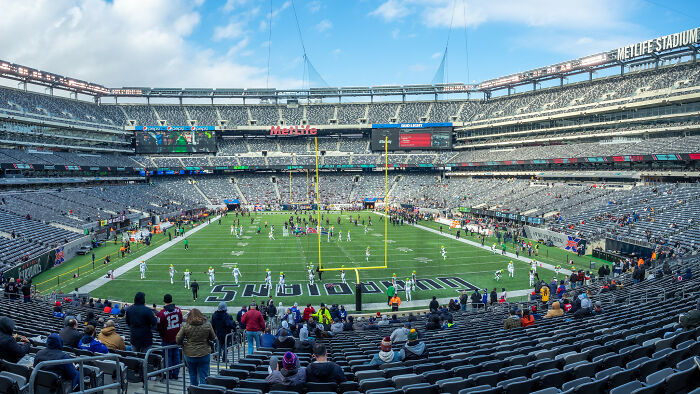
Image credits: badlilbadlandabad
#30
Taleo. It was supposed to be this site that, if I remember correctly, would enable you to just have a resume and you could quickly apply to a job and submit a cover letter.Guess HR people got tired of all the resumes that were junk. We have LinkedIn and Indeed Instant apply, but really, I just wanted a central place to upload my resume to apply for jobs.

Image credits: elementaryfrequency9
#31
Ouya.
Image credits: Beard341
#32
There was this lady who said laboratory testing could be reduced to a machine the size of a microwave… turns out it was all a scam.
Image credits: knomore-llama_horse
#33
The resurrection of the DCEU, now will get a reset.#34
Fidget spinners were big in 2017. I can't find one now, and I don't know what else to do with my hands.
Image credits: JFKRFKSRVLBJ
#35
Single-stage-to-orbit spacecraft. This one might take a bit of explaining.You'll obviously be familiar with the Space Shuttle, which was retired in 2011 with no immediate replacement. But the thing is, even back in the 1990s, NASA was already looking at what the Space Shuttle's successor would be. And one idea they really fixed on was that, whatever this replacement would be, it would have to be a *single-stage rocket.* See, the space shuttle itself was reusable, but it relied on disposable outboard rockets to reach space, and those had to be replaced after every flight. So, the logic went, if a spacecraft could launch and reach orbit all in one piece-- without dumping its rocket boosters every time-- then it would be cheaper and more efficient.
NASA decided to build something called the X-33, which was this funny-looking triangle-shaped spacecraft that could fly up to space and back using just its own engines. It didn't need any rocket boosters the way the shuttle did. So for a while in the 1990s, it looked like single-stage spacecraft were the way of the future. But as they say, reality bites. It turned out that the X-33's special engines made it too heavy to fly, let alone reach space, and it was cancelled in 2001 before the prototype was finished. After that, NASA kind of fell out of love with the whole single-stage-to-orbit concept, and to this day they've never built one.


















